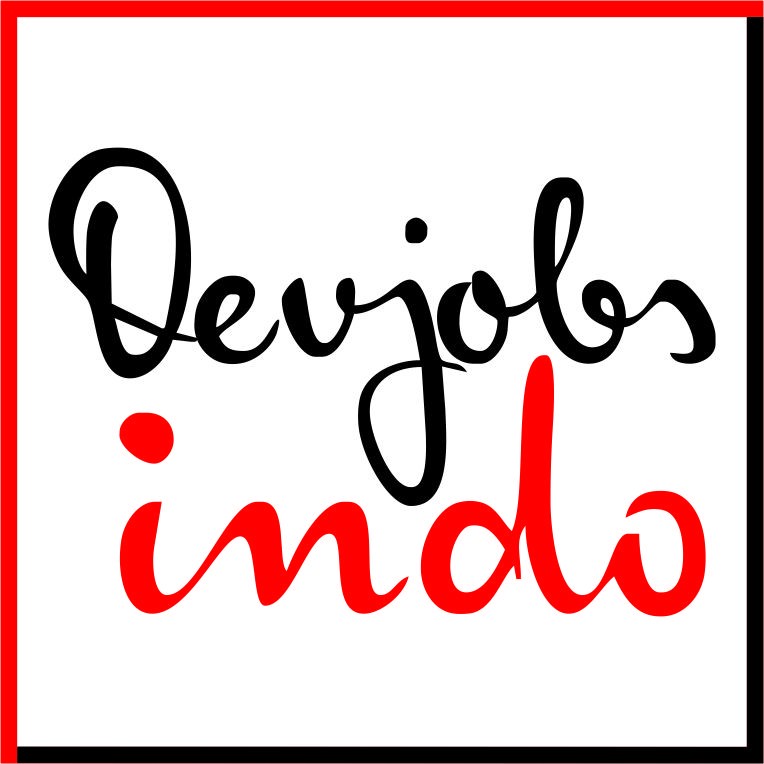This course is intended to clarify the concepts of Communication for Social Development by focusing on social and ecological approaches to address policy advocacy, analysing risk behaviours related to health and understanding how to induce behaviour change through strategic communication and infrastructure (power, supply) that affect ability to communicate. Emphasis will be on how cultural, social, economic and political factors influence the individual’s choices and behaviour in relation to health, prevention of diseases and health seeking behaviours. Throughout the course, participants will learn how to analyse behavioural problems, set communication indicators that are measurable, plan, implement, monitor and evaluate results-oriented C4SD strategies and programs. The course consists of in-house sessions, practical assignments and a possibility of a field trip to observe hands-on cases, as well as experience-sharing among participants.
Objectives
By the end of the course, participants will be able to:
- Understand the important role that social communication contributes to social development and behavioral change;
- Describe various components of Communication for Social Development (C4SD);
- Understand the use of C4SD and develop skills for Policy Advocacy;
- Identify substantial elements of the cultural, social, political and economic factors underlying health behavior and behavior change;
- Analyze behavioral aspects of health problems, the context, target groups and their social environments as well as the target groups’ use of various types of media including social media;
- Explain strategic use of mass and interpersonal communication techniques and media in health programs;
- Select the most appropriate means of communication and media, and design messages and materials based on research and analysis; and
- Plan Communication for Social Development / Behavior Change Communication (C4SD/BCC) strategies for the health improvement of the targeted population groups.
Modules
C4SD conceptual framework
Introduction to some of the most common theories and conceptual frameworks used for C4D, including:
- Socio-Ecological Model (SEM)
- Health Belief Model (HBM)
- Diffusion of Innovations
- Transtheoretical Model and Stages of Change
- Social Marketing
Policy Advocacy
- Use of C4SD to influence policy making within governments (such as population policy, aging policy, reproductive health policy, population and environment policy, etc.)
Introduction to use of social media for C4SD
- Social Media
- Tweeter
- Phone Apps
Practicum in use of a communication planning tool to design a C4SD/SBCC Strategy and workplan
- Planning a Social Communication Strategy
- Setting Social Communication/Behavior Change objectives and indicators
- Communication Research
- Monitoring and Evaluation
- Discussion on various planning tools available
- Introduction to the use of a planning tool
Facilitators
Our Facilitators and Instructors are practicing C4SD and BCC experts and specialists with solid international and national development experiences working in Asia, Africa, Europe, and North America. All of them have worked with Governments, UN agencies, Development Banks, NGOs in various capacities, including management of country programs.
Read about our International Faculty.
Take-home
- Enhanced C4SD and BCC knowledge and skills
- Network of development professionals from different parts of the world (Facilitators and Participants)
- New learning experience of various cultures
- Certificate of participation issued by Dhurakij Pundit University/ADCC
Read feedback from previous participants here.
VISA ISSUES
- Citizens of some countries need to have visa prior to entry into Thailand. ADCC will assist them to apply for their visa with the Ministry of Foreign Affairs. However, release of the Thai Visa Letter and the Invitation Letter will be made only after receipt of tuition fee;
- For citizens of countries that need to apply for Thai entry visa in another country, they will need to indicate which country they will go to for their visa application (example – Afghan nationals can get their visa in India or Pakistan);
- Please note that the visa processing time takes 1 – 2 weeks here in Bangkok. We suggest that you send your application at least 2 months in advance to ensure on-time release of visa.
TRAINING VENUE & ACCOMMODATION
- Training will be held in the state-of-the-art training facilities located within the campus of Dhurakij Pundit University in Bangkok, Thailand;
- Due to heavy traffic conditions in Bangkok, we suggest that participants stay within the university campus or nearby;
- ADCC will block-book rooms for confirmed participants in the DPU Place hotel that is in the university campus (http://www.dpu.ac.th/dpuplace/). The room rate is published in the hotel website and is to be paid by the participant through ADCC, separate from the tuition fee. In case there are no more rooms available, ADCC can help book rooms in nearby selected hotels or guest houses outside the university campus.
Note
- ADCC reserves the right to cancel a sceduled course due to unavoidable circumstances or when the minimum number of participants is not met.
- For a course to be conducted, a minimum of 8 participants is required
- Classes are from Tuesday to Friday on the first week, and from Monday to Wednesday on the second week.
For general information, registration and course fee, email adcc@dpu.ac.th OR call +66 2 954 9512
We can also tailor-make this course for agencies and organizations to be conducted in Bangkok, Thailand or in your home country. Call or email us at +66 2 954 9512 or adcc@dpu.ac.th
Fee information:
Investment for this program is USD$ 2,000.00 per participant. This goes to pay for tuition fee, all training materials, lunches and refreshments (during the class days) and a certificate;
The fees do not cover the cost of airfares, airport pick-up and drop-off, local transportation, visa and hotel accommodation;
ADCC is NOT in a position to offer any scholarships or funding. Participants are encouraged to seek funding opportunities with their employers or funding agencies.
